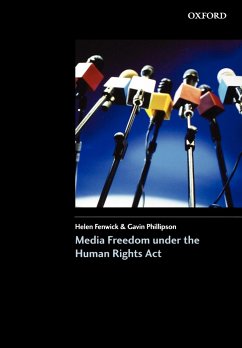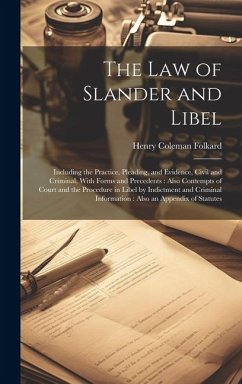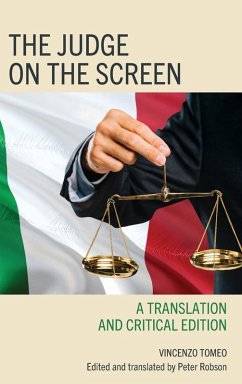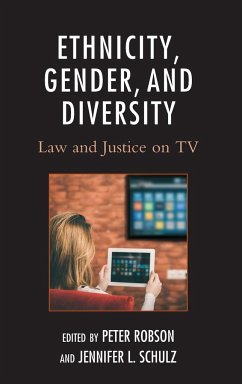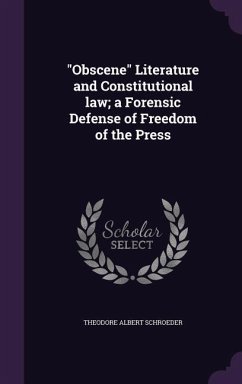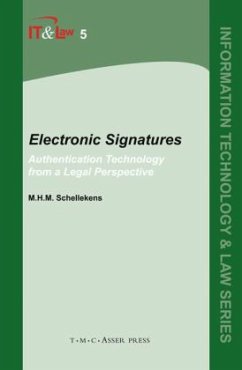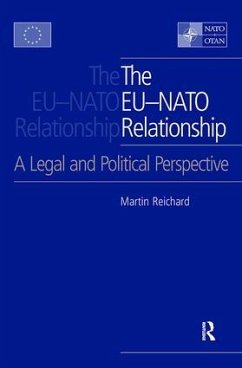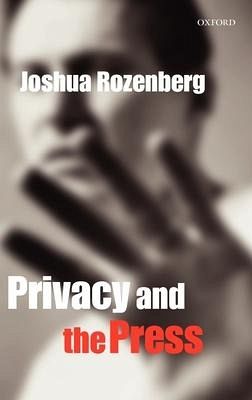
Privacy and the Press

PAYBACK Punkte
43 °P sammeln!
Do we need a law of privacy? Should judges be allowed to stop us reading about a footballer's adultery or enjoying pictures of a film star's wedding? Is a super-model's cocaine addiction something that she should be allowed to keep private? And aren't we entitled to walk down the street without having our most intimate activities recorded on security cameras and broadcast to the world? These questions have divided not only the country but also our most senior judges. Drawing a line between justified and unjustified intrusion places great stresses on our legal traditions: some judges favour str...
Do we need a law of privacy? Should judges be allowed to stop us reading about a footballer's adultery or enjoying pictures of a film star's wedding? Is a super-model's cocaine addiction something that she should be allowed to keep private? And aren't we entitled to walk down the street without having our most intimate activities recorded on security cameras and broadcast to the world? These questions have divided not only the country but also our most senior judges. Drawing a line between justified and unjustified intrusion places great stresses on our legal traditions: some judges favour stretching existing laws to help deserving victims, whilst others feel it would be more honest simply to recognize privacy as a new human right. The latter approach creates further problems: shouldn't it be up to Parliament alone to create such a right? And what about free speech: don't the newspapers and the public have rights too? The issues raised are often highly emotive. Newspapers are not allowed to identify Thompson and Venables, the young men who murdered two-year-old James Bulger, because their lives would be in danger. Nobody may identify Mary Bell, who also killed when she was a child, even though there was no such risk. Will paedophiles be the next to demand lifelong anonymity? Steering a course through this minefield requires a grasp of legal concepts and principles and an understanding of how the law develops. This book explores how the English legal system has had to blend old laws on confidentiality with modern human rights law in order to deal with these problematic issues. Written for non-specialists by one of Britain's best known legal journalists, this book provides a uniquely accessible guide to the legal aspects of this topical debate.



